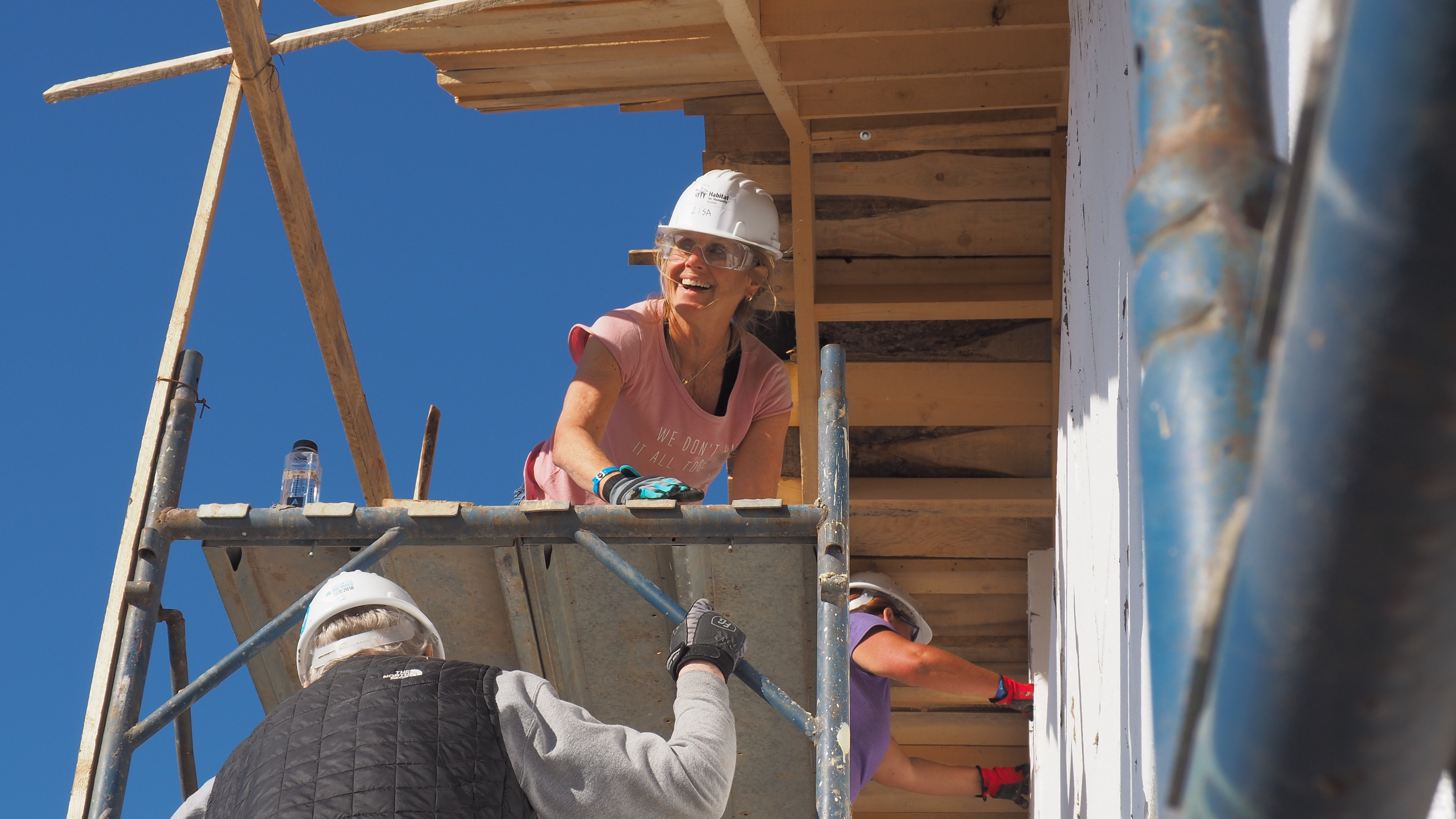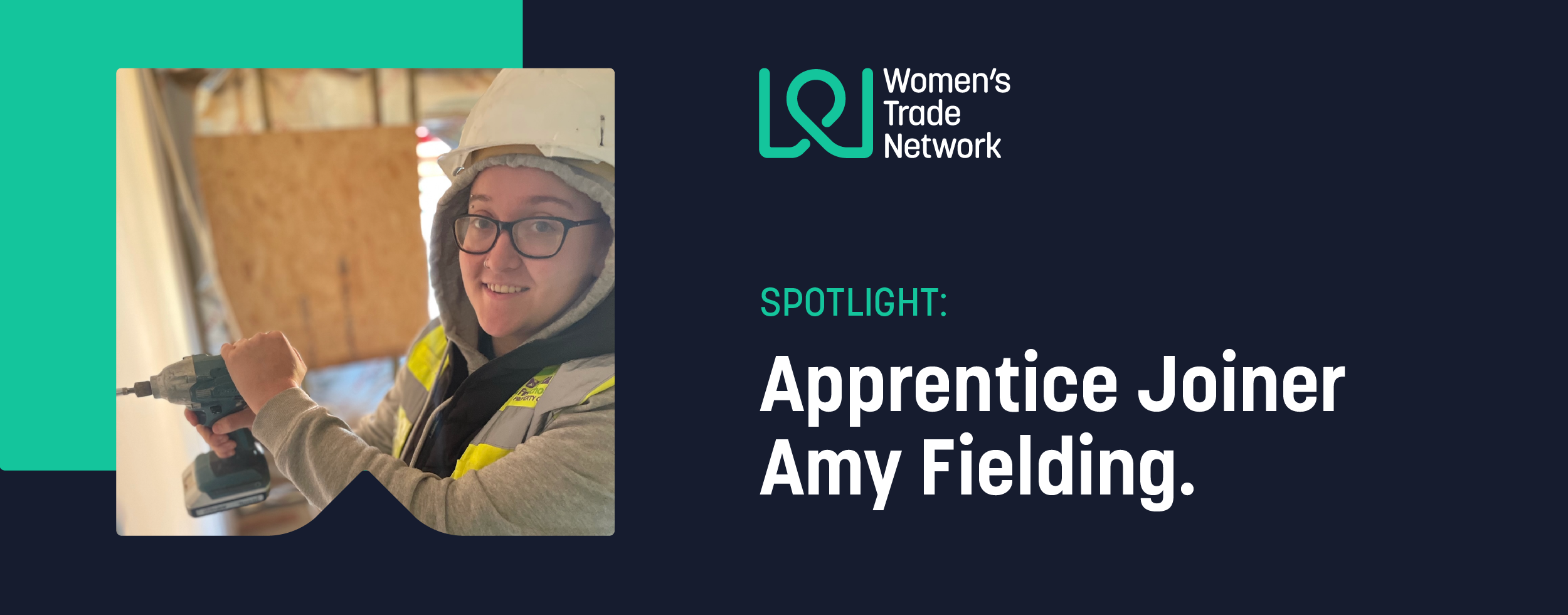Improving job security for women in the trade sector.
The trade industry is due a reckoning. Suffering from an ageing workforce, lack of new and upcoming talent and a skills shortage, something needs to give. That's without the current price and supply issues caused by the cost of living crisis and Brexit.
One of the biggest issues facing the trade industry is the lack of diversity in the workforce, which includes women.
Even with concerted efforts over the past 15 years, women still only account for 11% of the construction workforce. This number drops to 1% of operatives onsite, despite them making up more than 50% of the population.
So, what is holding women back from pursuing rewarding careers in the trade sector?
Job security plays a big part, affecting the inclination for women to join and remain in the industry. The three main reasons impacting job security are access to flexible working, equal opportunities and equal pay.
Creating equal opportunities.
The trade sector is male-dominated, making it difficult for women to rise up the ranks. Unconscious, and conscious, bias permeates, and as a result, women are missing out on long, fulfilling careers.
However, organisations are making concerted efforts to dispel this.
Balfour Beatty is one such organisation building the bridges to enable more women to thrive in the trade industry. They have undertaken various initiatives to tackle the gender gap, including unconscious bias training for senior leaders. They have also partnered with the organisation WISE, which focuses on retaining and developing women in the workforce.
Access to flexible working.
Another factor affecting job security is access to flexible work. In an industry plagued by long hours away from home, the opportunities for women to advance are drastically reduced when they have caring responsibilities.
Typically, it is the woman whose career takes a step back to care for children and dependents. Meaning organisations lose out on their skills, while women miss out on work progression. This also extends to flexible training. Most apprenticeships and training courses are not offered in a part-time capacity to accommodate caring or work responsibilities.
Flexible working and training options would help stem the flow of women leaving or taking less senior roles. Organisations like Tideway, which manages the London sewer system, are working to make that happen. It runs a successful returners programme to help people return to the workforce after a career break and has been named a Times Top 50 employer for women.
Equal pay.
The gender pay gap is an issue in every sector, with an 15% average gap in pay between men and women. However, in the trade and construction sector, the difference between the pay of male and female supervisors is 45% - the largest in the UK.
Clearly, this impacts the number of women entering and staying within the sector, which is why many construction organisations are leading the charge by being completely transparent about their pay.
Both Network Rail and HS2 make their gender pay gap reports available on their website. By doing this, they are held accountable for results.
The work done so far on job security in the trade sector is encouraging, but there is still some way to go.
There is a real push to encourage equality, with initiatives such as the annual 'International Women in Engineering' day and the Women's Trade Network, which promotes gender equality in trade roles through access to training and employment opportunities.
By paving the way for gender equality, flexible working and equal pay, organisations will create a fair and balanced workplace and ensure business viability for years to come.
Find out more about the work Plentific is doing to encourage more women into the trade sector with the Women's Trade Network here https://www.plentific.com/en-gb/womens-trade-network



.jpeg)



